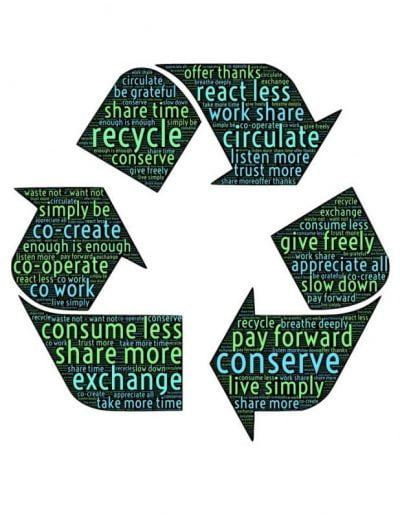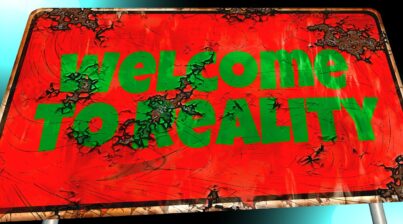Two things you never talked about in the workplace… politics and religion. But in today’s world, that’s no longer the case. We have constant access to what’s going on in the world because of technology. It can seem impossible to go through the day without having one politically driven conversation. Even organizations are becoming socially active and building more robust corporate social responsibility (CSR) strategies. But does having a CSR strategy mean you have to be socially active?
For some companies, the answer is yes. Consumers are more socially conscious and will withhold their dollars if their beliefs differ from the company’s. Major brands, like Nike, Gilette, and Dick’s Sporting Goods, are going viral for their socially active campaigns and policy changes.

Nike chose to feature Colin Kaepernick for their 30th anniversary “Just Do It” ad campaign. Colin Kaepernick has become a social figure for choosing to kneel during the national anthem at an NFL game. His actions were a protest to the social injustices occurring throughout the US, which were both supported and criticized. Nike chose to show support of Kaepernick’s actions through their ad campaign. They chose to publicly tie their brand to a social issue, and despite the boycotts, it was had a positive impact on their sales.
Dick’s Sporting Guns stopped selling assault-style weapons and raised the minimum age for purchasing a gun to 21. Their business decision was a direct result of the mass-shootings occurring throughout the nation. Assault-style rifles were first removed from stores after the Sandy Hook shooting. The policy was then expanded after the Parkland shooting, which also prompted the increase to the age limit. Dick’s took a dip in sales after the changes were implemented, but are choosing to stand by the decision. They chose to be socially active and take action through their own business initiatives.
Gillette released an ad campaign that shows men addressing the behaviors of their male peers that have been labeled as “toxic masculinity”. It was their way of addressing the issues brought up during the #metoo movement. The #metoo movement brought attention to the harassment women face in their daily lives, especially within the workplace. Gillette’s ad polarized viewers and raised a lot of support as well as opposition. At the end of the day, the ad campaign did what it was supposed to do. It raised awareness and got people talking about a brand that typically doesn’t come up in conversations.

CSR has evolved to include more than just supporting environmentally friendly initiatives or actively contributing to the community. Organizations are joining the conversation and taking a stand on social issues. Whether or not those decisions are fueled by consumer demands, it’s important to make sure there is cultural alignment. An organization’s mission, vision, and values should be reflected in their socially active initiatives. And, don’t forget about your employer brand. Any social actions or CSR policies will have an impact on how your organization is viewed with both consumers and potential employees. Attracting and retaining talent is a top priority and implementing a socially active CSR strategy can either be a benefit or a hindrance.












